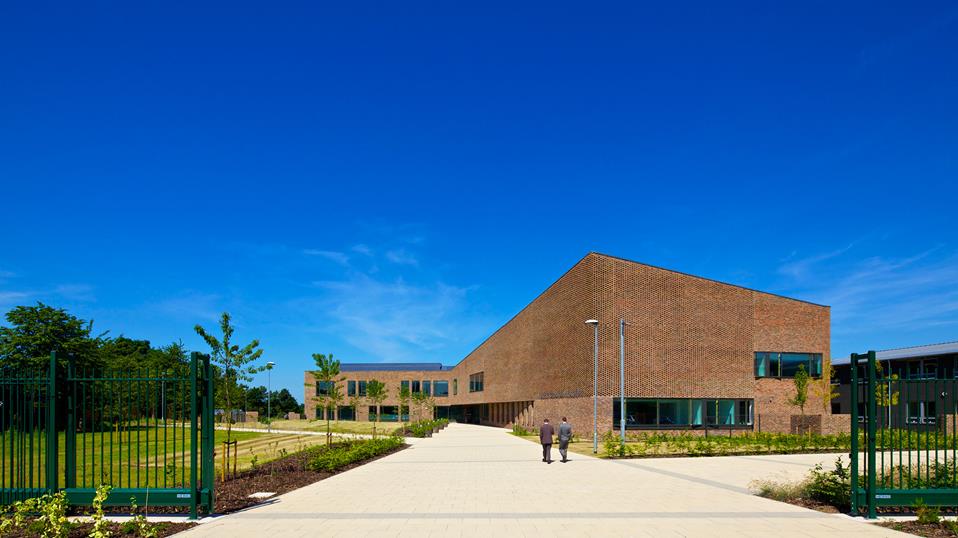TG Finance

Shaping our approach toward financial management
We are a large, multi-site Trust in a highly regulated environment. Our prime financial objective is to ensure the Trust is a going concern and is financially sustainable. Our approach toward finance has been shaped by this context and by 4 perspectives:
Stakeholder perspective: Our Trustees require a clear-eyed oversight of the Trust’s risks to ensure financial sustainability. We seek to meet this need through the provision of: robust current and projected information; consistent KPI reporting across all schools; and robust application of our 3 core financial principles, being financial resilience, financial integrity and financial agility. We aim to help stakeholders make better and more confident decisions.
Regulatory perspective: The Trust must comply with our legal and regulatory requirements; this goal requires strong financial governance procedures to be sustained.
Users perspective: Our users require financial information to be clear, correct and timely to enable evidence-backed decisions to be made upon the most current information.
People perspective: Finance must have the right skills and capacity to deliver the Trust’s strategic intent; clear competencies and development plans underpin this perspective.
Managing our finances
3 principles underpin our medium term budgeting: financial resilience, financial integrity and financial agility.
Resilience is the ability to withstand short term risks and fluctuations yet stay on course for medium term goals, requiring robust budgeting and efficient management of our resources. We benchmark financial resilience through comparison with other Trusts of similar size and aim to be green in our key metrics ( e.g comparing levels of cash and GAG reserves). To help financial resilience, we are budgeting in the context of moving the Trust overall toward a Pupil Teacher Ratio (PTR) of 17.
Integrity combines transparency in our reporting and accuracy in our processes; these are built upon clearly defined responsibilities and clear control principles. We aim to be fair and transparent when deciding upon resource allocation between our schools; to adhere to our scheme of delegation; to maintain robust independent auditing reviews.
Agility is the quickness with which leadership adapts to changes. This means for example adapting our processes to quickly absorb new academies; accommodating significant outsourced arrangements in IT, Facilities management, capital projects management and catering; re structuring tasks within the team to enhance efficiency across the Trust but balancing this with maintaining a presence at secondaries so we understand user needs; more recently leadership has rapidly instituted changes to in year cost budgets to mitigate the adverse impact of reduced income from extended services income and lettings income during closure.